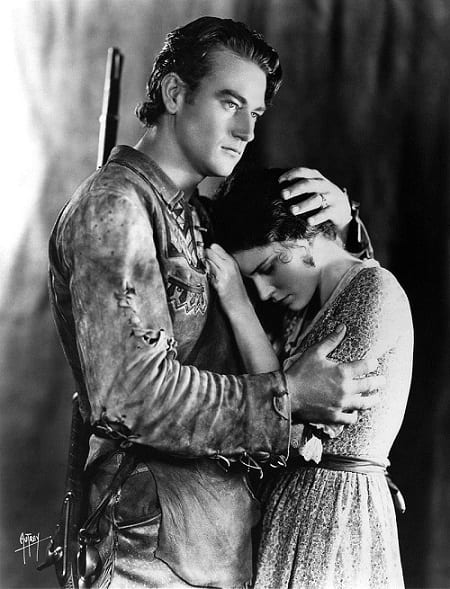


Her concern with today’s popular patriarchy, which is best expressed by organizations such as the Council on Biblical Manhood and Womanhood (CBMW), is understanding how we got to this place, something that she contends did not happen overnight, though its meteoric rise to a default doctrine in Evangelicalism is relatively recent. (It’s a long story.) Beth Allison Barr is a historian, and she takes a historical approach, not a theological approach. It took me a long time to finish this - I read J&JW in the middle of the process - and also due to various interruptions, and complicated by the fact that due to certain deficiencies in my high school education, I have problems processing things related to history. So I hope you don’t mind if I discuss the book in comparative terms with the other which I reviewed here about a month ago. I’m now of the opinion that at least the first third of A Church Called Tov by Scott McKnight and Laura Barringer should be thrown into the mix.

I originally thought that The Making of Biblical Womanhood by Beth Allison Barr was a book that needed to be read either in tandem or serially with Jesus and John Wayne by Kristin Kobes DuMez.


 0 kommentar(er)
0 kommentar(er)
